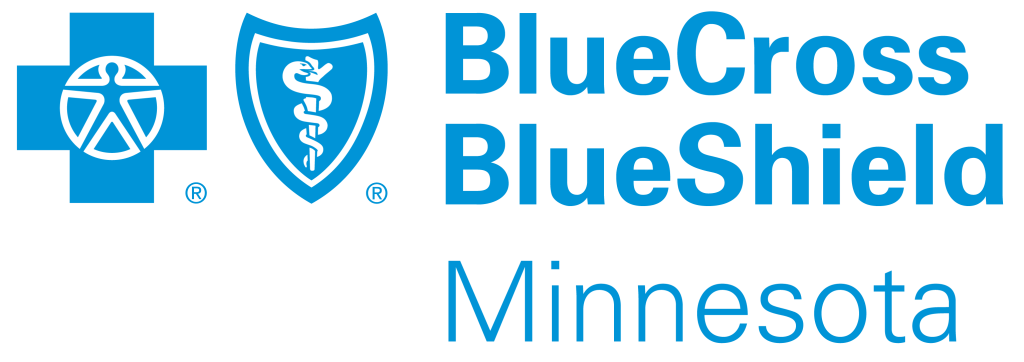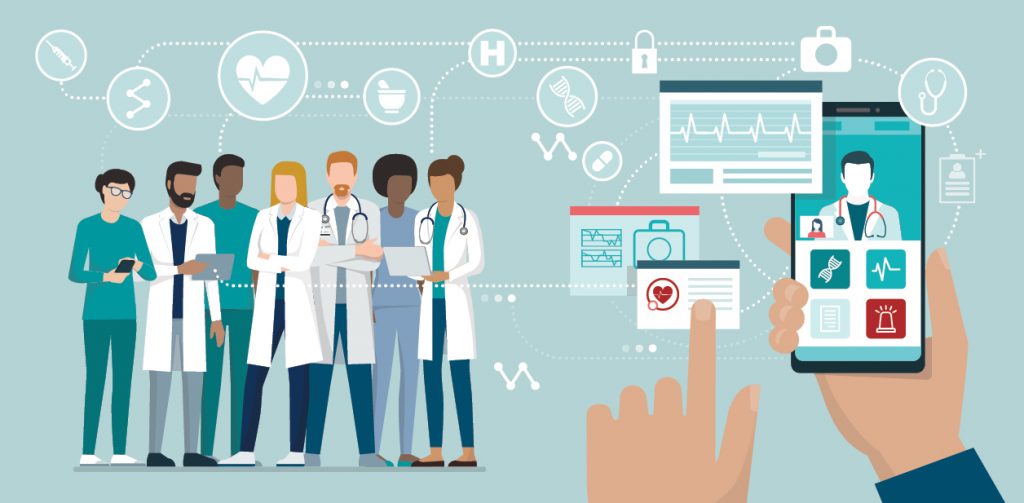As the COVID-19 pandemic continues to upend the lives of people throughout our state and around the world, we remain committed to ensuring the health and safety of our members.
During the last several months, we have received many questions related to the virus, from prevention to treatment to testing and more. Most commonly, and understandably, members want to know what their plans cover.
We have made it a priority to answer your questions as thoroughly as possible, and to update our communications as COVID-19 information and guidelines evolve. You might have also received a phone call to discuss some commonly asked questions on coverage related to the virus. We’ll go over those points again here, along with providing other tips and advice for living your best and staying healthy during this challenging time.
Reach out to us at the number on the back of your ID card. Remember, whenever you need it, we are here to help.
WHAT’S COVERED (For the Duration of the 2020 Public Health Emergency)
Testing and treatment: During this unpredictable time, if you do need to be tested for coronavirus COVID-19, we will cover the appropriate medically necessary diagnostic testing and in-network care—including hospitalization—without any copay, coinsurance, or deductible costs.
Care: To help you stay home and minimize the chances of being exposed to the virus, we have expanded access to virtual care or telehealth, which is the use of mobile devices and computers to interact. If you need to see your doctor, you may be able to have your appointment online using video conferencing on a phone, tablet or computer (learn about some tools to use below).
Medications: To make it easier for you to keep your medications on hand and avoid extra pharmacy trips, we are currently waiving early refill limits on 30-day prescription maintenance medications and allowing those to be filled for up to 90 days, if you have drug coverage through Blue Cross. Check with your local pharmacy to see if they have a delivery service. If not, it’s also a good idea to consider 90-day mail order refills, if possible.
STAYING CONNECTED
While it’s important to follow social distancing guidelines and other safety precautions (outlined by the Centers for Disease Control and Prevention at cdc.gov), isolation doesn’t mean you need to break communication with others.
There are many ways to stay connected to friends, family—and your health care provider—which is important for maintaining your overall wellness. In fact, some research has shown a lack of social connection to be a greater detriment to health than obesity, smoking, and high blood pressure.
Below are some popular options for video calls. Each platform offers free services and can be used across phones, computers, and tablets. The programs are easy to download from the websites indicated below, or from an app store if using a mobile device.
Talk to your loved ones about what program might work best for everyone, or try a few different options to find the best fit. Nothing can replace real in-person interaction, but seeing and hearing our loved ones, even through a screen, can still make a positive impact on our lives.
- FaceTime (available on Apple devices), support.apple.com/en-us/HT204380
- Google Hangouts, hangouts.google.com
- Houseparty, houseparty.com
- Skype, skype.com
- WhatsApp, whatsapp.com
- Zoom, zoom.us
If you try these options and video calls still just don’t work for you or your family, old-fashioned phone calls or even letter writing are still great ways to stay engaged with others.
REACH OUT FOR HELP
Even if you’re used to being independent, now is a good time to accept help from others. Don’t know whom to ask? Contact the Senior LinkAge Line by calling 1-800-333-2433 or visiting HelpOlderAdultsMN.org to find local options for home delivered meals, grocery delivery or prescription drug delivery.
TAKE CARE OF YOURSELF
Everyone has been drilled on hygiene fundamentals since the virus surfaced, but it continues to be important for the prevention of COVID-19 and other infectious diseases. You can find all of the guidelines for cleaning and disinfecting from the Centers for Disease Control and Prevention (CDC) at cdc.gov.
Also on the site are tips for taking better care of yourself not only physically, but also mentally. There’s no question the outbreak has increased stress for many. The CDC suggests combatting that stress by taking care of your body through exercise and healthy eating, avoiding alcohol and drugs, taking breaks from the news, TV, and social media, connecting with others, and engaging in activities you enjoy.
If stress is a cause for concern for you or your loved one, be sure to share it with your health care provider. Addressing and coping with stress, the CDC says, will make you, the people you care about, and your community stronger.


